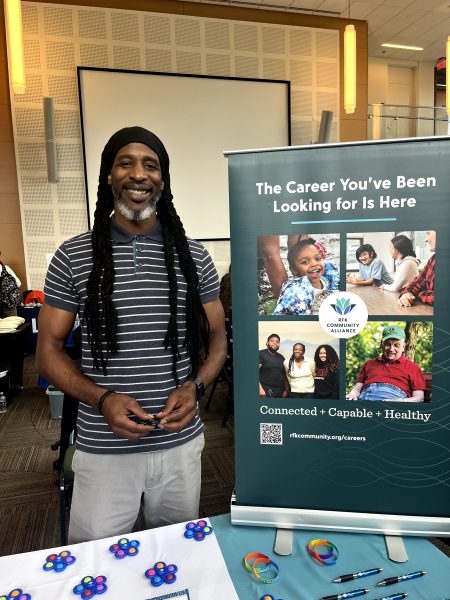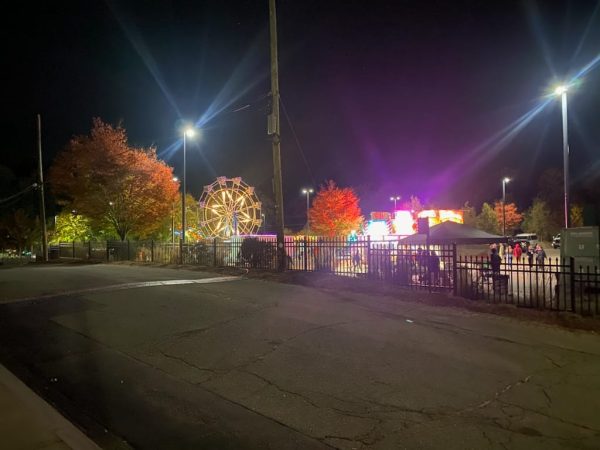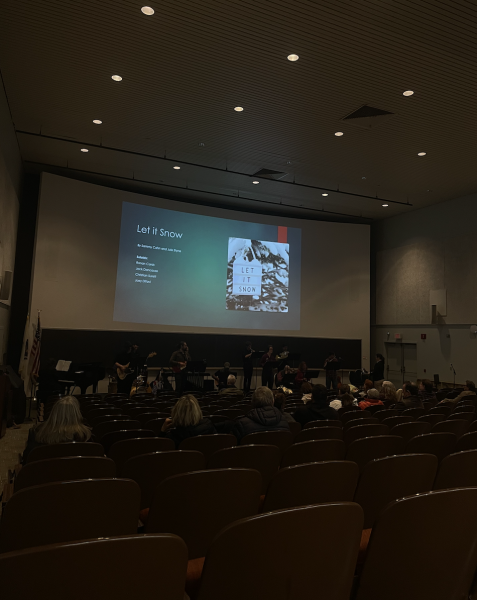The Dangers of Binge Drinking During March Madness
The annual NCAA basketball tournament, March Madness, produces some of the nation’s best up-and-coming basketball talents. Yet, outside the court, one will expect a copious amount of alcohol to be consumed by students and fans.
Students and fans attend tailgate events, bar and home viewing parties, and post-game celebrations during March Madness. There is often a single-minded purpose: to have a drink.
The tournament has a significant positive effect on every school participating. However, it negatively affects some students and fans, as it may influence excessive alcohol consumption.
Fortunately, there are practical ways to stay sober if someone is in recovery, avoid excessive alcohol, or participate responsibly.
There are significant dangers associated with binge drinking, which everyone should be aware of, regardless of age.
Firstly, if you know someone struggling with a drug or alcohol addiction, it is vital to reach out and intervene. Addiction becomes progressively worse with time and no help.
“Generally, we see binge drinking to be most common among younger adults aged 18 to 34 and impact men the most,” said Marcel Gemme of Addicted.org. “Unfortunately, there tends to be a lack of awareness of the dangers and preventative information about excessive alcohol use.”
There are different approaches to take, depending on the situation.
Suppose someone is a casual drinker of legal age. Stick to one or two alcoholic beverages during the game, drinking water in between. Have a full meal to avoid consuming alcohol on an empty stomach. Avoid drinking games and environments that promote binge drinking. Finally, even If you do not feel intoxicated, do not drive.
In contrast, if someone is in recovery from an addiction or choosing sobriety during this time of year, it is a good idea to have a plan and stick to it. Begin by recognizing and managing relapse triggers and the negative emotions associated with these triggers.
Some triggers may include bars, people, groups, environments, and anything that could trigger alcohol use. Have a plan to avoid these and an outlet to manage negative emotions healthily.
Additionally, attend celebrations with other sober like-minded people and bring non-alcoholic drinks to avoid people pushing alcohol on you. Have an exit plan if things become too much to manage. Set clear boundaries and limitations for yourself and ask for help when needed.
Binge drinking is a pattern of consuming alcohol that rapidly increases blood alcohol concentration. Generally, among men, this is five drinks or more within two hours, and for women, four drinks or more within two hours.
The severe consequences of binge drinking involve alcohol poisoning, suicide attempts, health problems, injuries, unsafe sexual behavior, driving under the influence, sexual assault, assault, and even death.
Statistically, an average of 380 people die daily because of excessive alcohol use. Among those who died, their lives were shortened by an average of 26 years.
These are the real risks that affect college students, their families, and college campuses nationwide.
The March Madness tournament is one of the most exciting sporting events of the year. The celebrations are endless and filled with fun. Yet, participating in this fun should not cost a person their health or future.
About the Author
Nickolaus Hayes is a healthcare professional in the field of substance abuse and addiction recovery. He strives to provide current, up-to-date facts about drug and alcohol abuse to his readers. His primary focus is spreading awareness by educating individuals on the topics surrounding substance abuse.









